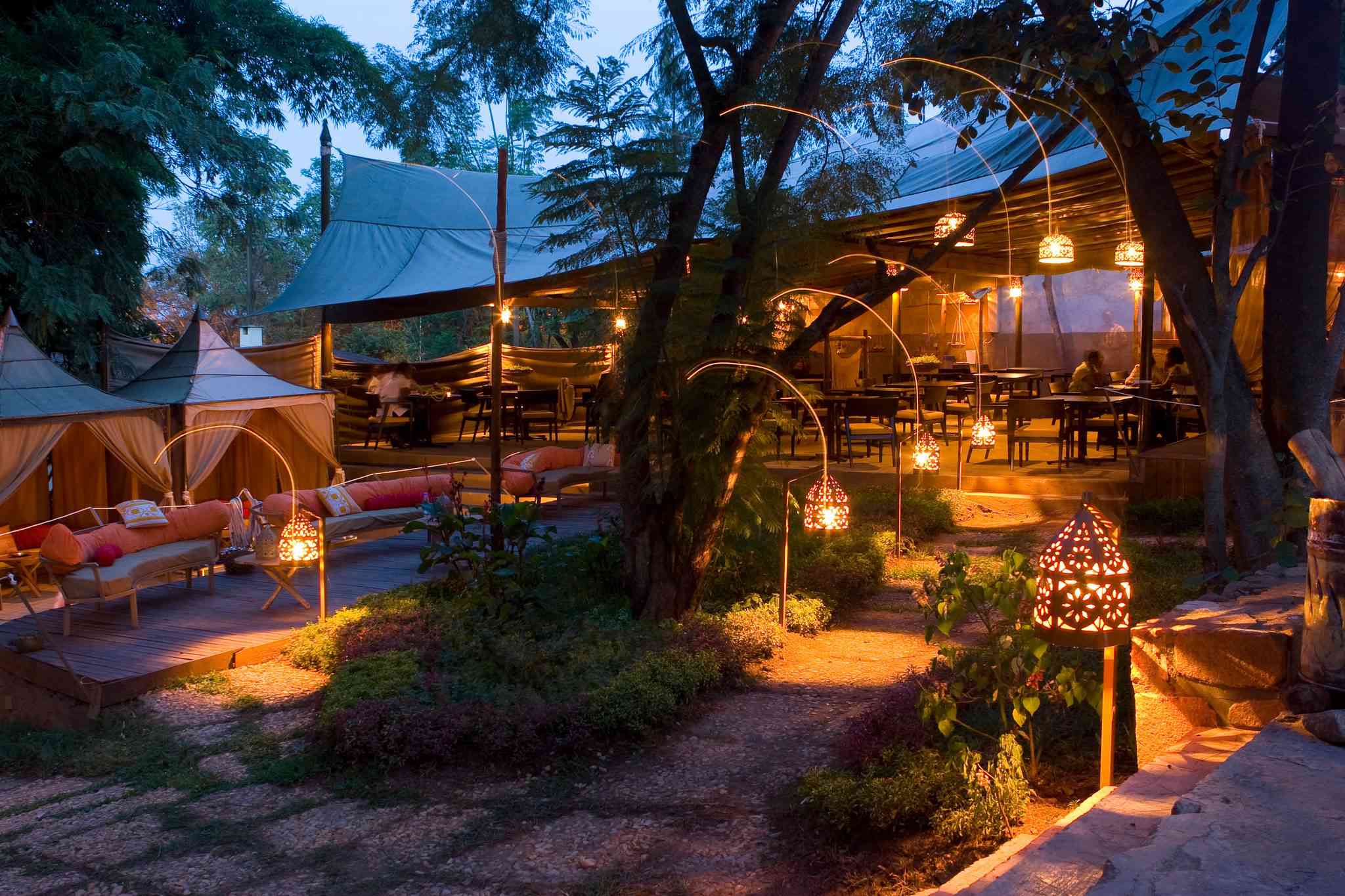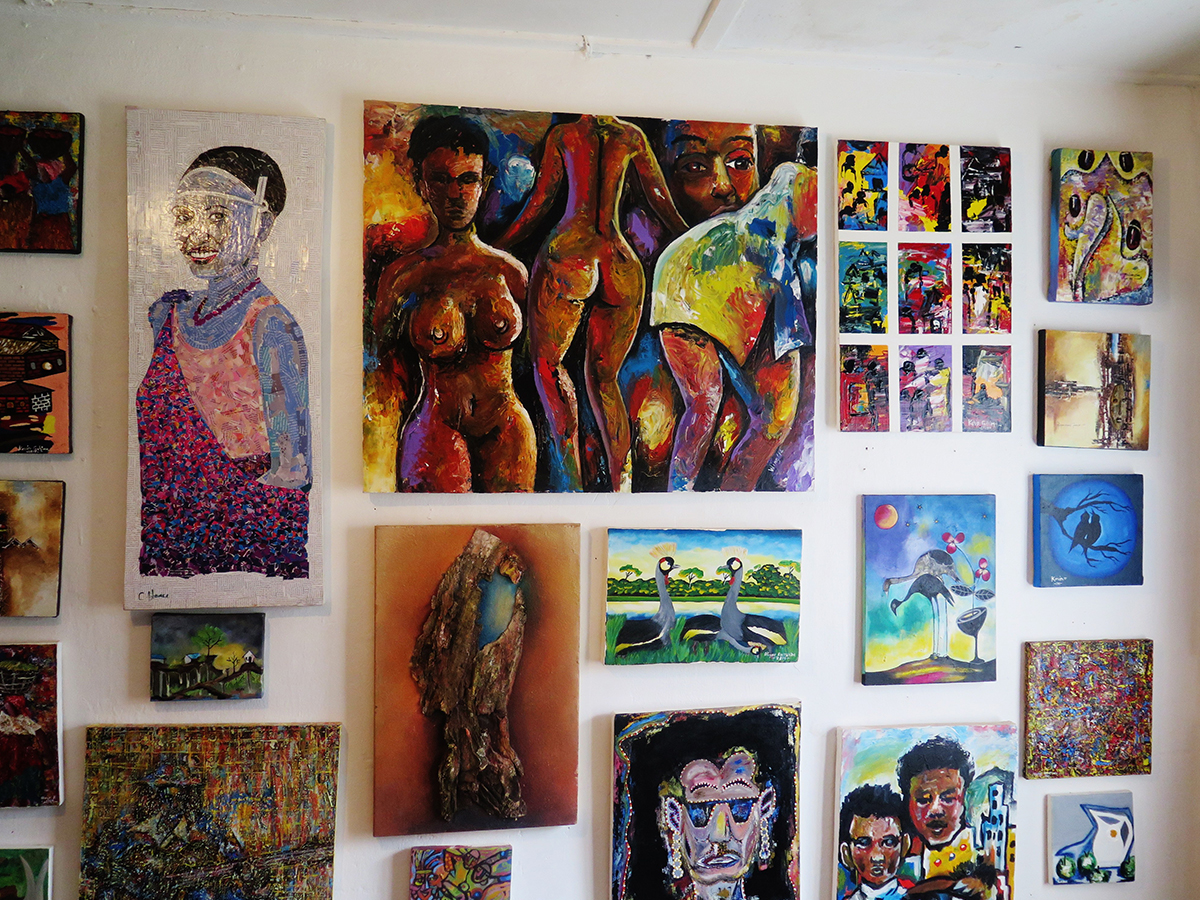1. Kigali Genocide Memorial: This memorial is a poignant tribute to the victims of the 1994 Rwandan Genocide. It provides a comprehensive look at the events leading up to the genocide, the genocide itself, and its aftermath. The memorial includes exhibitions, artifacts, personal testimonies, and educational resources aimed at promoting reconciliation and preventing future atrocities.
2. Rwanda Art Museum (RAM): Located in the former presidential palace in Kigali, RAM showcases contemporary Rwandan art as well as traditional pieces. The museum features works by both established and emerging Rwandan artists, offering visitors a glimpse into the vibrant art scene of the country.
3. Inema Arts Center: Founded by two Rwandan brothers, Inema Arts Center is a dynamic space that promotes creativity and cultural exchange. It serves as a gallery for contemporary Rwandan art, hosts workshops and artist residencies, and offers art classes to the local community. The center’s mission is to empower emerging artists and contribute to Rwanda’s cultural landscape.
4. Rwanda National Art Gallery: Located in Kigali, the Rwanda National Art Gallery is dedicated to showcasing Rwandan visual arts. It features rotating exhibitions of paintings, sculptures, photographs, and other artworks by Rwandan artists, providing a platform for both established and emerging talents to showcase their work.
5. Caplaki Craft Village: While not strictly a museum or art gallery, Caplaki Craft Village in Kigali is a bustling market where visitors can explore and purchase a wide range of Rwandan crafts and artworks. From traditional handicrafts to contemporary designs, Caplaki offers a colorful display of Rwandan creativity and craftsmanship.
These museums and art galleries in Kigali contribute to the preservation of Rwandan culture, promote artistic expression, and provide visitors with opportunities to engage with the country’s history and creative spirit. Whether exploring the tragic legacy of the genocide or celebrating the vibrancy of Rwandan art, these institutions offer valuable insights into Rwanda’s past and present.



Leave a review